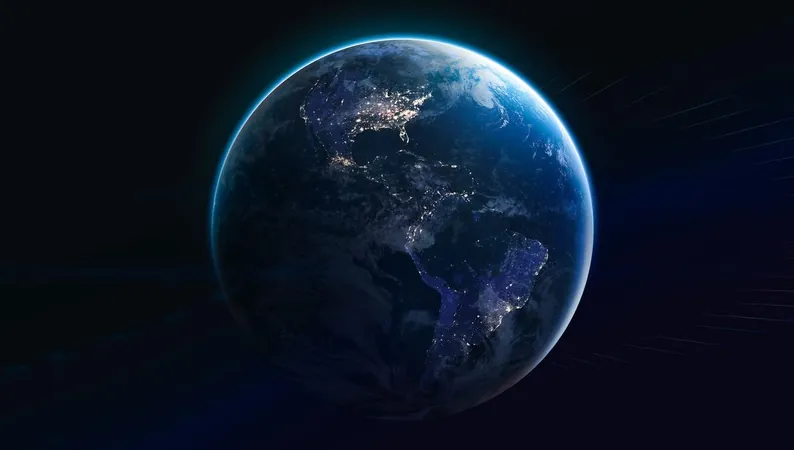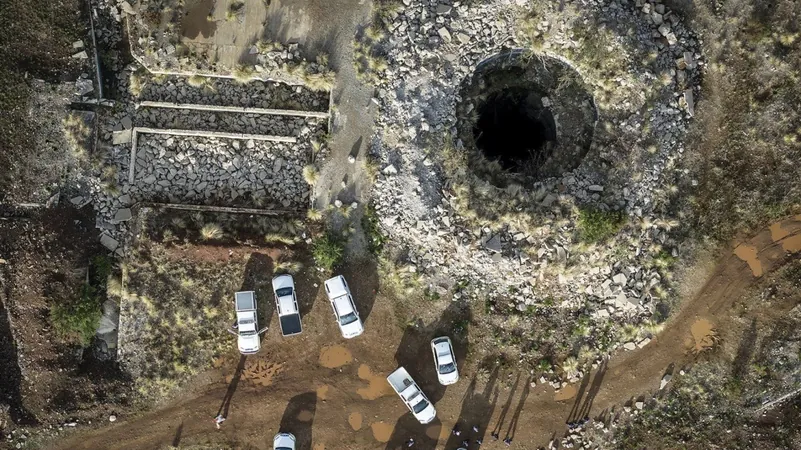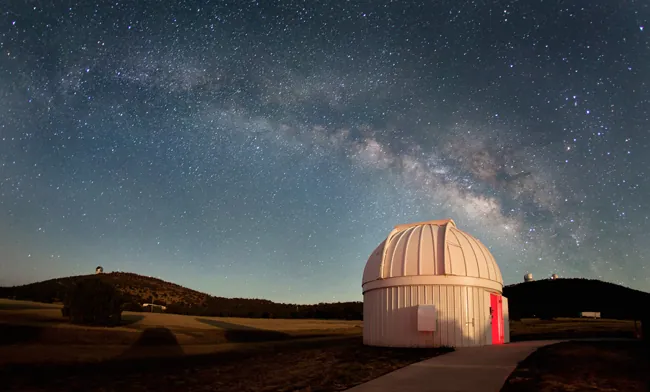
Unveiling the Start of the Anthropocene: Geological Evidence Points to the 1950s
2024-09-27
Author: Sophie
A groundbreaking new study has pinpointed the beginning of the Anthropocene Epoch to around 1952, marking a pivotal moment when human activities began to significantly alter the Earth's natural systems. This epoch is characterized by a pronounced human impact that is causing permanent changes to our planet's environmental functioning and raises concerns about the future of our ecology.
Determining the exact start of the Anthropocene has proven to be difficult, as the impact of human activities varies considerably across different times and locations. Historical milestones, such as the advent of agriculture 12,000 years ago or significant advancements during the Industrial Revolution, have undoubtedly transformed our planet, but these changes unfolded unevenly across the globe. Identifying a precise moment when human influence became a dominant force has eluded scientists until now.
According to Michinobu Kuwae from the Center for Marine Environmental Studies at Ehime University, the findings underscore a dramatic shift in how we understand human existence in relation to Earth's history. The study used records from 137 sites around the globe to reveal when these anthropogenic changes became most evident.
Three significant periods were identified as candidates for the onset of the Anthropocene:
1. **1855-1890**: This time frame corresponds with the Industrial Revolution, marked by rising lead levels and disruptions in natural nutrient cycles.
2. **1909-1944**: During this period, researchers noted substantial changes in natural pollen compositions, along with increased concentrations of black carbon, a known contributor to climate change.
3. **1948-1953**: The most compelling evidence arises from this interval, which saw a surge in human impact characterized by the release of organic pollutants and the onset of microplastic contamination in the environment. This era also records the geological signatures of the nuclear age, evident through the introduction of plutonium and modern carbon-14 isotopes from nuclear detonations.
Kuwae and his team advocate that the 1948-1953 period represents a distinctive global acceleration in human impact on the environment. They link this spike to the unparalleled spread of anthropogenic fingerprints across multiple regions, highlighting that this temporal synchronization in geological strata indicates a profound escalation of human influence.
The implications of these findings are staggering. As Kuwae emphasized, acknowledging our current epoch as the Anthropocene is crucial for reshaping public understanding of humanity's relationship with the Earth. He warned, "If we are indeed the last generation capable of ensuring a safer global environment for future generations, we bear a profound responsibility to mitigate irreversible ecological changes."
As we stand on the cusp of potentially overwhelming environmental challenges, recognizing the Anthropocene's onset is vital for fostering informed discussions about our ecological responsibilities. The clarity provided by the study's stratigraphic evidence serves as a call to action; it urges society to recognize just how serious our current climate situation is and the urgent measures necessary to safeguard our planet for future generations.









 Brasil (PT)
Brasil (PT)
 Canada (EN)
Canada (EN)
 Chile (ES)
Chile (ES)
 España (ES)
España (ES)
 France (FR)
France (FR)
 Hong Kong (EN)
Hong Kong (EN)
 Italia (IT)
Italia (IT)
 日本 (JA)
日本 (JA)
 Magyarország (HU)
Magyarország (HU)
 Norge (NO)
Norge (NO)
 Polska (PL)
Polska (PL)
 Schweiz (DE)
Schweiz (DE)
 Singapore (EN)
Singapore (EN)
 Sverige (SV)
Sverige (SV)
 Suomi (FI)
Suomi (FI)
 Türkiye (TR)
Türkiye (TR)